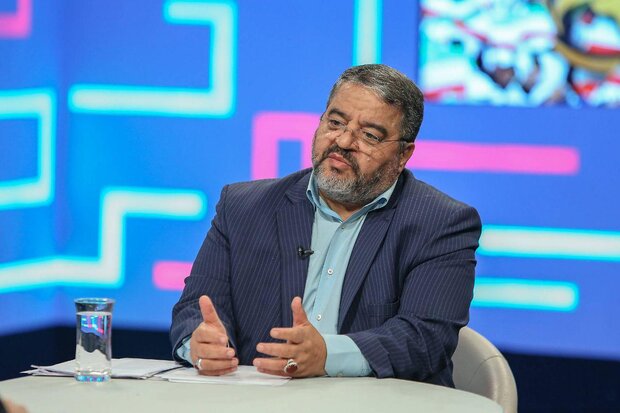In an interview with a national TV program on Tuesday, Jalali said that the internet needs to be regulated in the country and services and communications should not rely on it because that enemies have control over this information.
He said that the absence of ‘a national social network’ can be clearly felt in the country, adding, “China has adopted a similar measure and developed WeChat which is 100% domestic and based on Chinese infrastructure and provides some 800 different services.”
“Evidence shows that cyberspace is changing the architecture of sovereignty in the world and influencing different governing models including us,” he said. “When we largely neglect this cyberspace, our national sovereignty is actually violated, which causes shakes the principle of security in the country.”
“We believe that if cyberspace is managed correctly and based on a regulatory, there will be no need for a nation-wide internet blackout as we saw.”
The remarks came as Iran’s Supreme National Security Council ordered internet blackout on Nov. 16 to block rioters from coordinating their activities in large cities. The Iranian government raised gasoline prices on November 15 in order to moderate the national consumption rate which prompted some peaceful protests, but riotous elements took advantage of the situation and caused damage to public property.
Following recent incidents, the need for national information network can be clearly felt, Jalali said. “This national network should test itself independent of foreign internet network.”
“One of our main objectives in passive defense is to guarantee the continuation of the country’s vital affairs in any circumstances,” he said, adding that during recent internet blackout, banking transactions faced no problem but more work needs to be done in domestic search engines.
The commander went on to say that 130 drills have been carried out during the last year to identify the weaknesses of this national cyber network.
MNA/ 4787535
